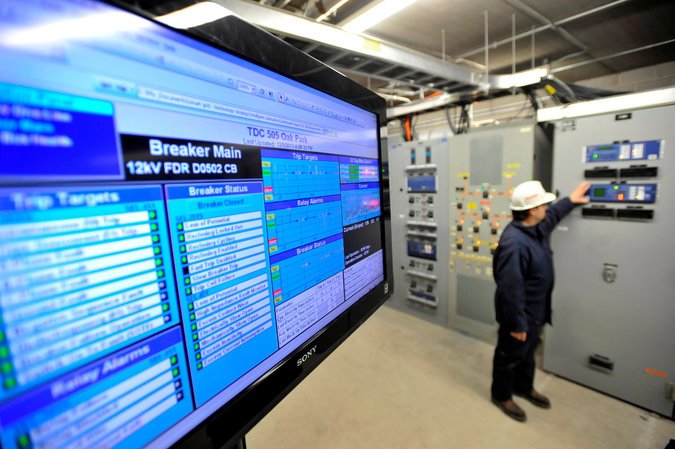Economists have long debated how corporate tax cuts are distributed among shareholders, workers and customers. President Trump and other backers of the tax bill have argued that it will lead to higher wages, more jobs and greater investment. Independent analysts, however, have tended to assume that most of the gains will go to shareholders, especially in the short term.
For utilities and other regulated industries, however, the situation is different. They are granted a legal monopoly, but in return are expected to see that their customers benefit from any savings.
“When you’re insulated from market competition and subject to regulation, the benefits should mostly pass through to consumers,” said Jason Bordoff, director of Columbia University’s Center on Global Energy Policy.
That doesn’t mean customers should expect every dollar in tax savings to show up as savings in their monthly bills. Some states may allow utilities to use part of their savings to fund infrastructure upgrades or to offset future rate increases. And utilities may challenge regulators’ findings about how much they have saved as a result of the tax bill.

Mr. Bordoff said there might be one good reason for utilities to hold rates constant, as opposed to reducing them. Consumers, he noted, tend to react angrily to rate hikes — so if a utility knows it needs to make investments in the years to come, it might be better to use the tax savings to do so now, instead of cutting rates only to increase them later.
David Springe, executive director of the National Association of State Utility Consumer Advocates, said regulators in most states would be willing to negotiate with utilities. But one way or another, he said, any tax savings should ultimately benefit consumers, not shareholders.
Advertisement
Continue reading the main story
“The simple underlying absolute is that’s consumer money and should in some form or fashion come back to consumers,” Mr. Springe said.
Newsletter Sign Up
Continue reading the main story
Thank you for subscribing.
An error has occurred. Please try again later.
You are already subscribed to this email.
Still, that doesn’t always happen. After the last major overhaul of the corporate tax system, in the mid-1980s, regulators in many states were slow to act — in effect allowing utilities to pocket tax savings until new rates took effect.
Some states are trying to prevent that from happening again. Some state utility regulators, such as those in Montana and South Dakota, have ordered their utilities to calculate the windfall they will receive from the tax bill, with an eye toward negotiating lower rates for consumers or freezes in future rate increases. Elsewhere, local industry groups or consumer advocates have begun pressing regulators to act. And after Ms. Healey made similar moves in Massachusetts, one utility there, Eversource, announced a rate cut retroactive to the start of the year, when the tax law took effect.
“There are huge differences in the quality of state utility regulation,” said Tyson Slocum, director of Public Citizen’s Energy Program. “Some states are fantastic at holding utilities accountable. Others, not so much.”
Continue reading the main story
Article source: https://www.nytimes.com/2018/01/09/business/economy/tax-cut-power.html?partner=rss&emc=rss
Speak Your Mind
You must be logged in to post a comment.